In 2001, I came to Ghana for the first time as a 20-year-old. I had saved up a lot of money, bought half a wardrobe, managed to get my visa, and off I went! I had prepared for the practical aspects of the trip, otherwise, I wouldn’t have been able to go. But beyond that, I didn’t read much into it and left for Ghana as green as grass.
Today, we live in an era where we can look up anything online in an instant. Google and ChatGPT are our best friends. Twenty years ago, that wasn’t the case. I had also convinced myself that I would experience Ghana more fully if I went in without too many expectations. That worked, but it also led to ignorance, and sometimes funny but challenging situations.
Over the years, I’ve thankfully corrected that ignorance. After 20 years, I’ve learned a lot through trial and error, and I’m excited to share that knowledge with you. I’ve been living in Ghana for many years now, running a non-profit guesthouse and organization (Banko Women Organization), and I’ve had the privilege of guiding many travelers.
I absolutely love Ghana and I want travelers to experience this beautiful country to the fullest. I also want people coming to Ghana for work to be able to do so with pleasure and effectiveness. Social sustainability and respect are key to my work.
When you immerse yourself in the customs and traditions of the country you visit, you add an extra dimension to your journey. That’s the purpose of this blog.

The Left Hand Is for ‘Dirty’ Things
Luckily, the organization I volunteered with when I first came to Ghana gave an introduction. One of the first things they taught us was that you eat, hand things over, and touch things with your right hand. Even greetings, pointing, and waving are all done with the right hand.
The left hand is for dirty tasks, like wiping your bottom. If you absolutely have to use your left hand for something, you should say: “Excuse me for using my left.”
In all my years here, I’ve witnessed some serious arguments—sometimes even between Ghanaians—when this rule wasn’t respected.
The Old and New Currency (Cedis) Are Often Used Interchangeably
Let’s say you go to the market to buy a piece of pure shea butter. The vendor tells you, “Okay, that’s 50.” You might think, “50?” That’s pretty expensive for such a small piece. But it turns out that in Ghana, the currency was adjusted in 2007 (they dropped 4 zeros!), so the old currency is still often used in conversation. So when the vendor says 50, they mean fifty thousand (50,000 old cedis), or 5 new Ghana Cedis. What a bargain! Pure shea butter for about 30 cents!
If you’re unsure about the price, feel free to ask: “Please, how much is it in Ghana Cedis?” It can get really confusing sometimes. Just the other day, I asked Maame U, my colleague at BWO Hostel, how much something cost, and she said, “170.” I must’ve looked confused because she quickly corrected herself: “17 Cedis.”
Some Compliments Are a Disguised Request
I’m the type of person who quickly comments on things I find nice or beautiful. When I first came to Ghana, I often said things like, “Those are cute slippers!” or “That dress is lovely!” When I complimented smaller items like a bracelet, people often handed them to me right after. I would give it back, explaining that I liked it but didn’t want to take it.
My compliments often resulted in gifts. I once received a pair of slippers with no obvious reason, which made me realize that my direct compliments were interpreted as, “I like it and I want it.”
A safer compliment that avoids any confusion is: “You look great!” If you’d like the same slippers, you can simply ask where they bought them and don’t hesitate to ask about the price in Ghana.
Electricity and Running Water: Unpredictability in Ghana
It’s important to know that electricity and running water are not always guaranteed in Ghana. In some areas, the power may go out several times a day, and the water supply may also be temporarily unavailable. It’s a good idea to have a flashlight and a power bank on hand, and keep some extra water available for emergencies. This will help you handle the unpredictability and make your trip as comfortable as possible.
Ghana Is Loud
When I lived with a host family in a village, there was never a moment of silence—during the day or at night. There were always radios playing, people talking, cooking sounds—basically the everyday noise of life. The day started early, around 4 or 5 a.m., when my neighbors began sweeping. By around 6:30 a.m., a radio was hung just above my window, blaring throughout the day, even though other neighbors also had their radios on.
At 9 p.m., everyone would go to bed—except the neighbor next door. He would play the same four Bob Marley songs on repeat until 3 a.m. Yes, the same four songs over and over! At midnight, the woman who lived next to me would always make phone calls because it was free at night. Long live MTN, the service provider!
Thankfully, the guesthouse isn’t as noisy, but it’s not the peaceful haven it once was. The neighbors have roosters, we can hear announcements from the village, the school bell rings, and on Sundays, we hear church bells. The best thing to do when you come to Ghana is to prepare for noise. You might want to bring earplugs for the night.
English Is the Official Language in Ghana, But It’s Not the Common Language
When I first came to Ghana, I thought I would mainly work on improving my English and become less shy about speaking. After all, English is the official language in Ghana. Boy, was I wrong! Yes, English is the official language, but the common language depends on the region. I was in Ashanti, where Twi is spoken, and in many places, English is barely used.
What often happened was that people would tell me an entire story in Twi, and the conversation would end with “why.” When I didn’t understand, they would repeat it, louder, again followed by “why.” After a whole day of hearing “why why why,” I was pretty fed up. It took me a while to figure out that “why” was actually “wai” and meant something like “right?” It was simply a request for confirmation.
Drinking Water in Ghana: Pure Water or Insjuéééé?
In Ghana, drinking water is often sold in 500ml bags. You’ll hear street vendors shouting “Pure water!” or something that sounds like “insjuéééé.” This last term comes from the Twi word “nsuo,” which means water.
A funny anecdote: once, a guest wondered why everyone kept asking, “What’s your name?” He didn’t realize they were selling water bags!
The water in these bags is generally safe to drink, but if you’re already having some stomach issues, it’s safer to opt for larger bottles of mineral water. At Banko Women Organization, we use filtered water for cooking. Not only is it safer, but it’s also more sustainable because it creates less waste.
Shower Like the Locals: Colorful Sponges in Ghana
In Ghana, people shower with brightly colored long “nets.” You can buy them in various levels of hardness. They’re super handy to use. When you gather the sponge, it’s like a loofah, but you can also easily scrub your back!
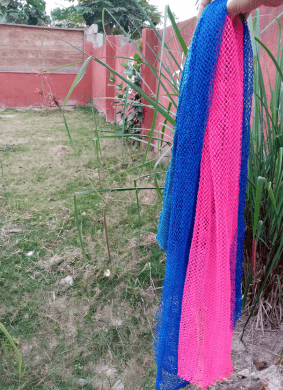
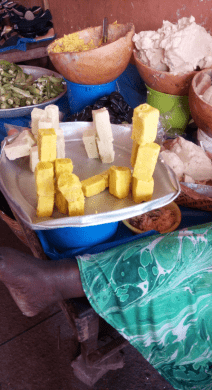
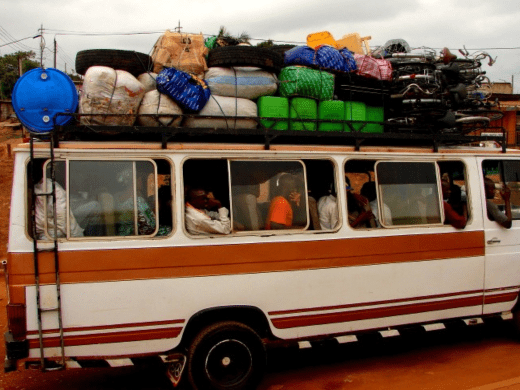
Traveling in Ghana: Preaching, Perfume, and Sales Pitches on the Bus
If you take a long bus ride in Ghana, don’t be surprised if someone starts preaching in the aisle. This sermon is sometimes followed by a sales pitch for medicines, perfumes, books, or all of the above.
Beaches in Ghana: From Paradise to Practical Tips
Ghana has an extensive coastline with beautiful beaches. Some are busy, like Labadi and Kokrobite, but there are also quiet “paradise” beaches. Just be aware that beaches can often double as public restrooms, so not all beaches are ideal for lounging. Also, the ocean currents can be quite strong!
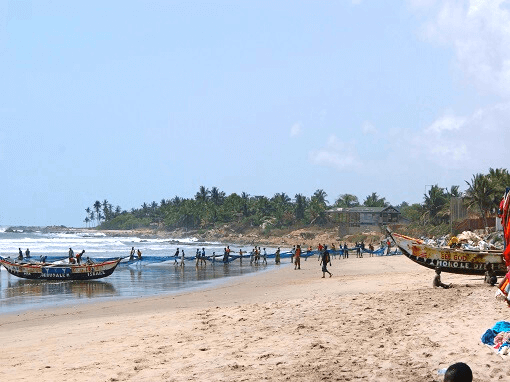
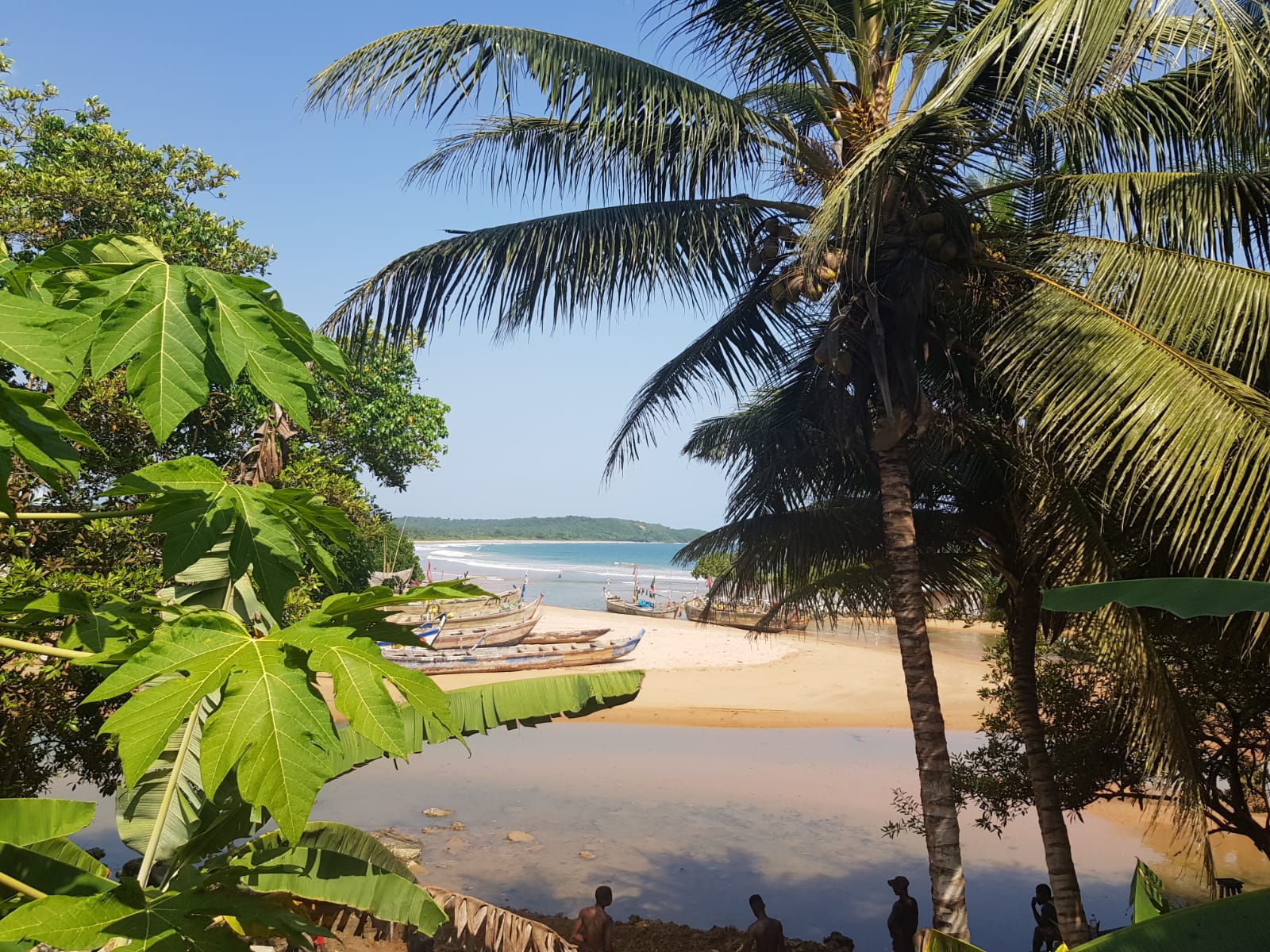
Hand-in-Hand: A Common Habit in Ghana
It’s very normal for people in Ghana to walk hand-in-hand. This isn’t limited to couples, but is common among friends or family members.
Brand Names and Local Products in Ghana
Products are often named after brand names. For example, coffee is called Nescafe, tea is Lipton, and laundry detergent is Omo. Be sure to check out the local products at the market. Ghanaian soap is amazing!
Chiefs and Leadership: How Villages and Towns in Ghana Are Governed
Every place in Ghana, both villages and towns, has a chief, known as the “Asantehene” in the Ashanti region. Chiefs hold much respect and oversee their people with guidance and traditional leadership.
Animals and Insects in Ghana: From Friendly to Crawling
Ghana has many animals and insects. From friendly cats and dogs to the crawling critters—watch out for them! Mosquitoes are common, so be sure to bring repellent.
Snakes and Scorpions in Ghana: Caution Advised
In more rural areas, there are snakes and scorpions. They tend to stay away from humans, but you should always be cautious, especially in the wild or remote areas.
Gifts in Ghana: Money Is the Best Gift
When offering a gift in Ghana, it’s always better to give money or something practical. Money is greatly appreciated because it helps the recipient with what they really need.
Want to learn more about Ghanaian culture and customs?
Join a town tour with our guide to discover even more interesting facts and the local way of life. Read all about it in our blog about the town tour and get a unique opportunity to deepen your travel experience in Ghana!
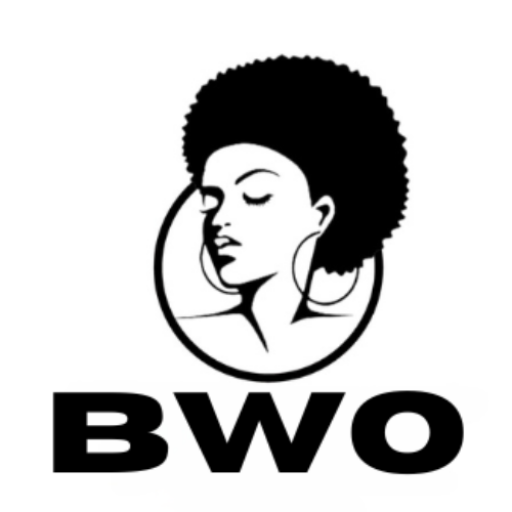
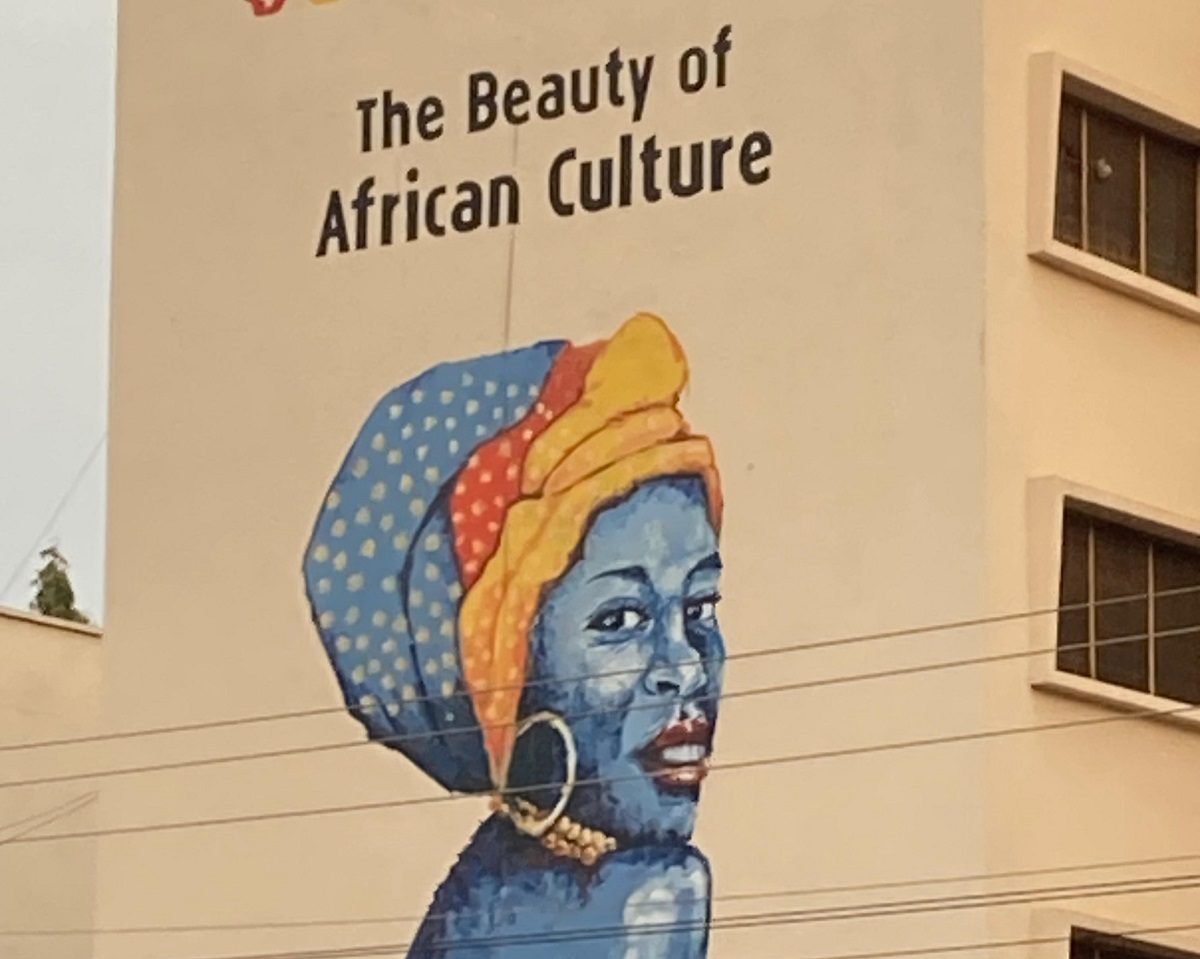

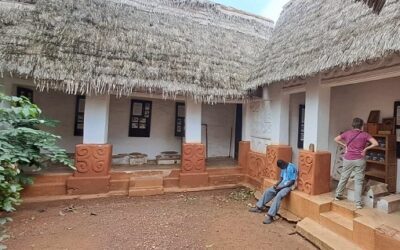

0 Comments